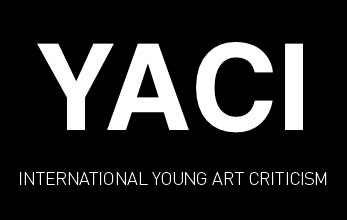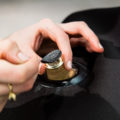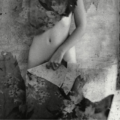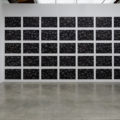ALL IS TRUE Romain Kronenberg
One spring morning, on the slab at the bottom of their meeting place, four young people in their twenties were victims of an attack: Pablo Adam was killed before the eyes of his friend Zoé Jaspers, Thomas Jaspers, his brother and Felix Jeanneret, a passing traveller. The three survivors try to overcome their friend’s disappearance through their respective artistic practices: the sculpture housing the memory and images of the deceased, the photograph that reveals an escape, and the novel as a hypothesis of another outcome to the attack are gathered around a film that tells their story.
The fleeting glance at the story you didn’t experience, at what you hoped to feel deep inside yourself. You dismiss it, take it to the margin of a hope that you know is vain, but to which you are attached. This side so reassuring, the one of a shoulder on which you rested, the one on which you still rest. You’re here, Zoe, and you’re flying away at the same time. Like those sheets you wrote. The ones that take you back to the elsewhere that they open you up and give you hope.
Posing, words. Write them down, those possible voices of saying. The ones that are your only attachment, through which you can see and you can see. This famous point of view, Zoe, the one from above – the hope of a coming -, the one from below – the escape to the elsewhere -, the one before you – this side by side. In front of you, out of you: your being. Which you’ll throw out. Finally freed from this rest, you will rest. Well, next to him, Pablo. You will live outside to which you are exposed, the one of your existence forever dedicated to the one you wrote.
In the hollow, this surface that you can see from and far away. This void to be filled and this surface to be kept, to be preserved. On that lifeline you thought you drew in the palm of your superposed hands. Both on the same side, the same side. Where you put your limbs: your head, now deaf; your gaze, now blind; your breath, interspersed. Now you release your arm, let your hope slide towards your fingertips to capture this frozen time. Resume, extend that time you have traveled at the stop, sideways and to the side. In the unfolding of a daily newspaper that you let pass before your eyes, clinging to what was left of you. These memories, this memory on the edge of an escape, the memory of the respect that marked you so much. Its distance; Pablo.
Him, appearing at the edge of a gleam that made you wait. The expectation of his coming – I see you -, of his body – vibration -, of his love – I think of you. Him, gone, just like you. You touch this surface that has been removed from you, you pursue it by caressing through these pages the feeling of this attachment. In this white, filled with the black of your words, those you have frozen in time – yet you could not do it, you could not do it. What to do? Let go of your gesture, express the word you engulf in yourself. To uproot your being from the ground on which it lies, in which it lies, stems from a receptivity to yourself that you are now letting flow.
To die the silence that surrounds you, the silence of the words that surround you, the words that you let invade you out of necessity. In the urgency of an expression. The one in fragments that you wanted to sequence to better express it. This refuge, this prison – you don’t know, you knew it. Your life is the life of your dead, Zoe. This book is your death, Zoe. The one you substituted, the life you couldn’t live, the one you imagined. Everything is true, Zoe. Her absence, yours. Your absence, your life. Unfinishable insufficiency.
Unfinished.
Pablo on the ground, on the side.
Diane Der Markarian
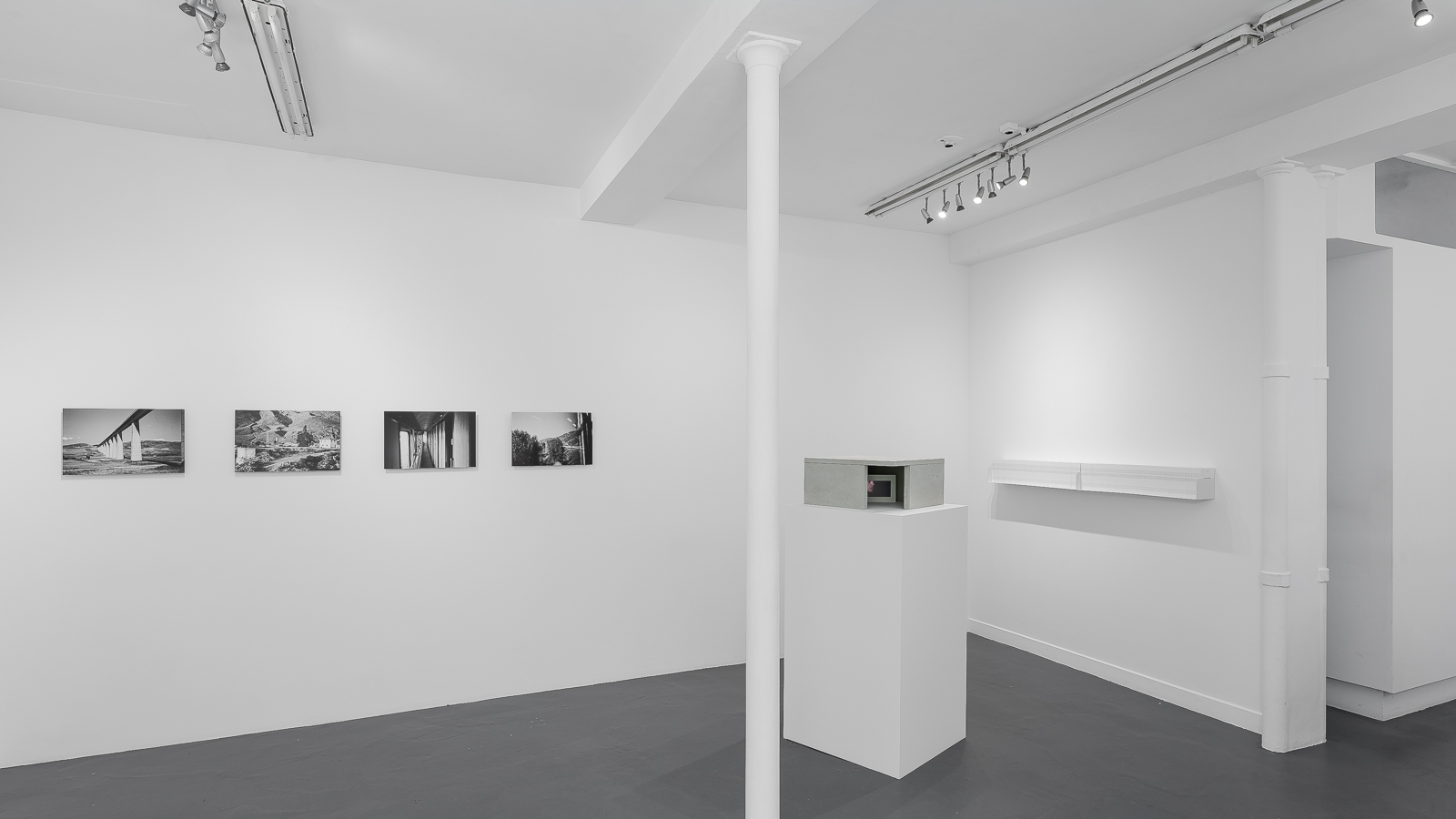
Featured image : Romain Kronenberg, Pablo Adam (interprété par Pablo Cobo), juin 2017.
